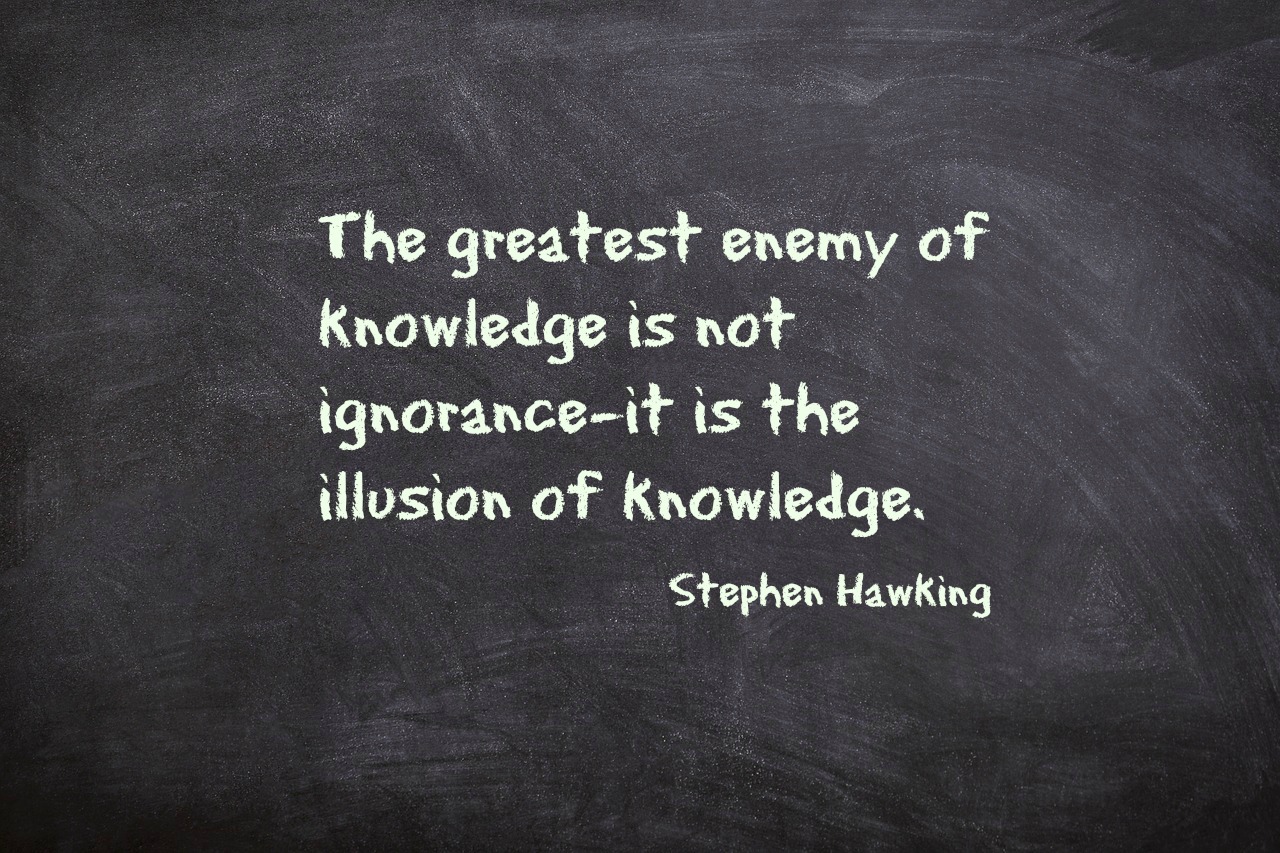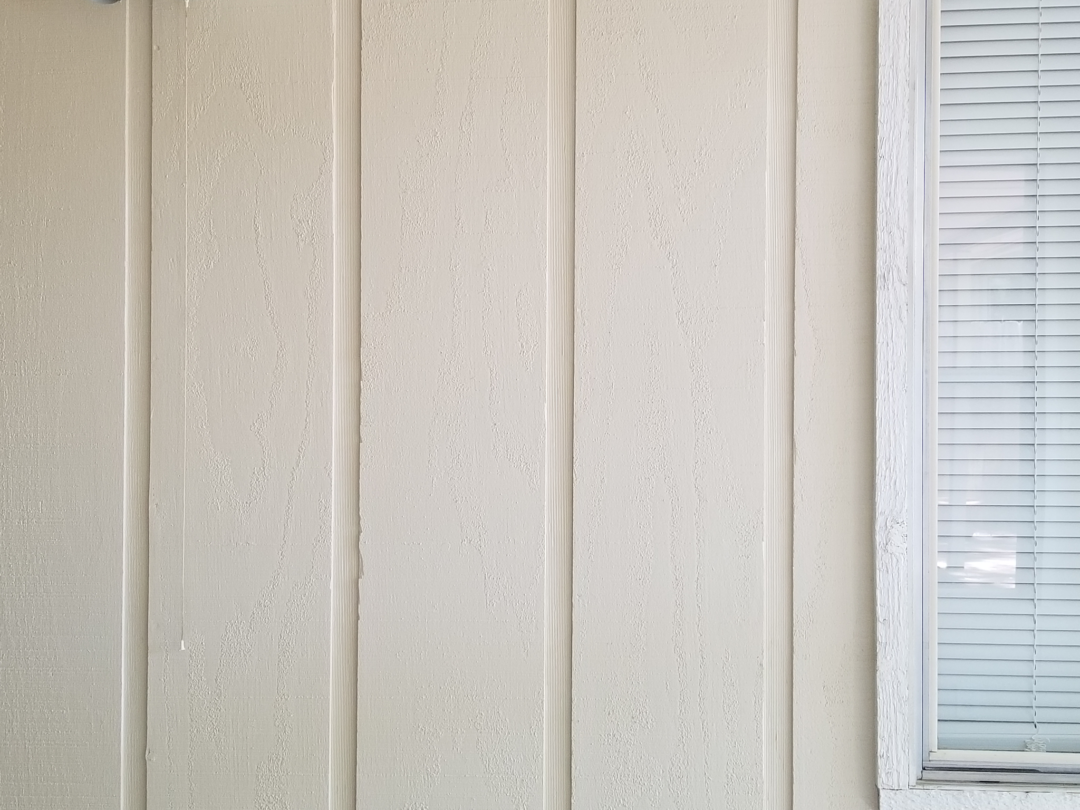In the last week or so, I’ve stumbled across a number of articles that focus on women working outside the home. One of those articles was Tess Taylor’s But Do You Have to Work?, which addresses a question that is only, ever, asked of women. Another was Rachel Toalson’s A Dad is Not a Babysitter or a Helper. He’s a Parent. If I had a dollar for every time someone told me how lucky I am that my husband “helps out so much,” I wouldn’t need to buy Powerball tickets. But this was not a matter of luck. I wouldn’t have married a man who believed raising our children was my job alone.
I know many women who have chosen to be stay-at-home wives and mothers. There’s no way I would ever claim that this isn’t an important job, or that taking care of a family isn’t work. It is, and it is. However, it’s not paid work–and that’s what I’m writing about in this post. Not the various kinds of unpaid labor that many women perform daily, but the paid work that women do. And, above all, the assumption that such work is always optional.
In part, that assumption is based on what we usually call the “traditional” family structure: breadwinner dad, stay-at-home mom. I think it’s important for all of us to remember that this “traditional” structure was only ever in place for a very small and privileged group of people. There have been wives and mothers who worked to support their families throughout human history. My paternal grandmother took in laundry to support herself and her eight children because her husband wasn’t able to hold a job (or just wasn’t around.) Work wasn’t optional for her: it was a matter of survival. That’s the case for a large number of women. It always has been.
In those situations, of course, women’s work is seen as both acceptable and necessary–a woman without a husband has to play both roles. By “both roles,” we mean breadwinner and at-home parent who doesn’t generate income. Which is, in case you hadn’t noticed, impossible.
And that’s why there’s so much anger toward and disdain for single mothers in our culture: because those women are demonstrating that one person can, in fact, work for money and parent children. Sometimes women do this by working from home. In other cases, they do this by employing childcare–that’s how Mike and I managed to raise two small children while starting our academic careers. And while there are also single parent households with fathers in charge, those men aren’t viewed as skipping out on their responsibilities to their children when they go to work. They’re seen as heroes for stepping in to filling the gap that a mother should occupy, caring for their kids at the end of the day.
“Why on earth should I, particularly, be asked if I need to work–and what does that question actually mean?” Taylor asks. “What does it stand for?”
As far as I can tell, that question stands for all the other questions people actually won’t ask–questions like How much does your husband make? and Are you one of those women who actually doesn’t like kids? and Do you let someone else raise your children just so you can go do whatever you want? Everyone knows those questions are rude and inappropriate, but some people still want the answers. They believe paid work is okay for women as long as it’s absolutely necessary–and as long as that woman’s children turn out perfectly–so they want to know if you’re one of those women. Because if you’re not, then your work is a betrayal. And the fact your kid is less-than-perfect definitely stems from the fact that you weren’t at home.
Never mind that, if you were a single mother who stayed home to raise her children, those same people would have plenty to say about that.
I chose to marry Mike for many reasons, but chief among them was the fact that he understood how important my career was to me. I would not have been a happy stay-at-home mom. There are people who will say that fact alone makes me an inferior parent. I’ve met a number of those people over the years–people who said things like “Well, I chose to raise my children, not just have them.” There’s not a thing I could say to convince those people that working actually made me a better parent, so I won’t even bother to try.
I’ll just say this: I raised my children. Their values are their father’s and mine, not those of a caregiver they saw daily when they were toddlers. The fact that my children and I were not together every hour of every day did not confuse them about who their mother was, or who they should come to for advice in difficult moments, or who would be doling out the discipline when they crossed a line.
I’m their mom. And I worked. Full time. I did this because I love them enough to show them that they can’t always be the most important people in the world. I did this to illustrate that being prepared to take care of yourself–and anyone else who depends on you–is part of being a responsible adult. Stuff happens. You might as well realize that, whether you like it or not, it could happen to you.
I worked because I want my kids to know that being a good partner means splitting all the responsibilities of life, including the responsibility for your family’s financial well-being. Not because I had to, but because I wanted to.
I love my job. I love my family, too–but that didn’t make my work life optional. In fact, it made having a career more important than it was before they came along.





No Comments